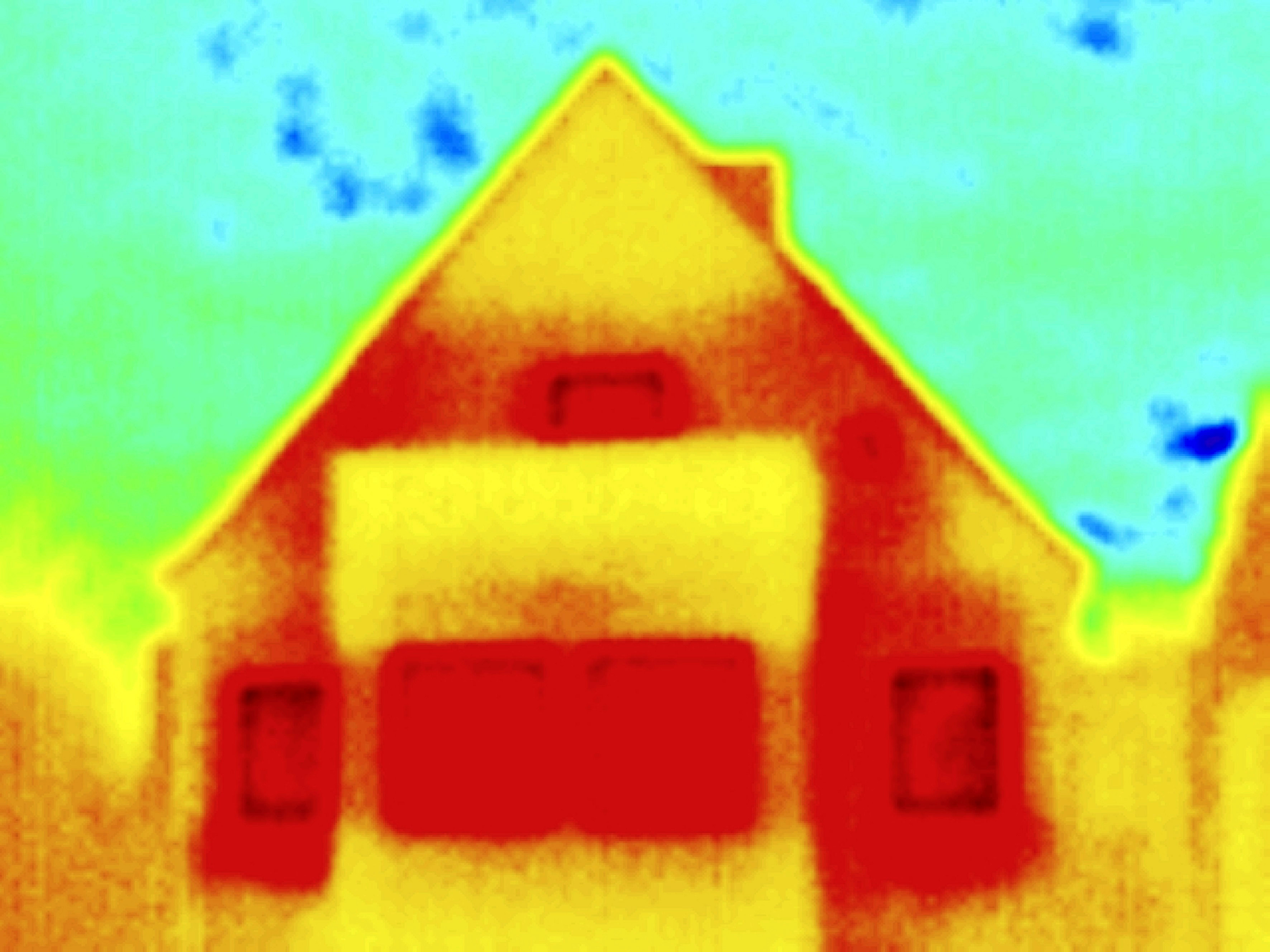
Swiss seek way to an energy-producing house

Nearly half of all energy used in Switzerland goes to buildings, a number that the Swiss want to reduce to 35 per cent by 2035. That will require a commitment to constructing buildings that could even put out more energy than they use.
Retrofitting old buildings with more energy efficient materials and implementing stricter energy laws for new buildings will be key elements of reaching the 2035 energy efficiency goal. After 2015, renovations to increase energy efficiency will be subsidised with a yearly budget of SFr600 million ($634 million); currently, that budget stands at SFr200 million.
After 2020, new buildings “should be as energy-neutral as possible over the course of a year”, the Conference of Cantonal Energy Directors writes. That goal brings them closer to the European Union’s energy objectives, which strive for new buildings that are “largely self-sustaining”. The United States also wants to construct exclusively energy-neutral buildings by the year 2020, according to its technology goals.
Researchers don’t doubt that Switzerland’s energy goal can be reached.
“The building of the future is barely reliant on external energy,” says Gian-Luca Bona, director of the Swiss Federal Laboratories for Materials Testing and Research (Empa). In the future, it might even be possible for houses to produce more energy than they use. For example, extra electricity produced by solar panels could be used to charge electronic devices.
In 1975, a new building used 22 litres of heating oil per square metre, and in 1995 that figure stood at around 11 litres. Minergie-standard buildings use four litres per square metre. According to Empa researchers, all materials required to construct energy-neutral housing are available to builders today.
Improving insulation
However, retrofitting old buildings poses a greater problem. “In this area, we’re far from being able to achieve the same energy efficiency as in new buildings,” Hans Simmler, director of development for the insulation producer Swisspor, told swissinfo.ch.
The renovation of old buildings has also seen several technological advancements, and the development of better insulation is going full steam ahead. “There has never been a bigger pallet of materials available for older buildings,” says Simmler. “Today, thin insulation does the job just as well as thicker materials used to, and the development of new insulation is continuing in this direction.”
He adds that “prices for top insulation are still quite high today”. But, in the future, “more volume, competition and producers should drive prices down”.
The problem of protected buildings
Buildings with historically protected facades pose a particular challenge to energy-conscious insulators. “Here, you need minimal insulation thickness, so you can achieve a reasonable standard heat indoors. Generally, there is a lack of knowledge today about how to retrofit older buildings taking into account both the comfort of the inhabitants and energy consumptions,” says Simmler.
The federal government and individual cantons provide financial support for the retrofitting of existing buildings. With those funds, 10,000 such buildings should be renovated every year. The funding programme has been underway for six years and was recently extended to the end of 2015.
Partial renovations possible
In light of the planned energy transition and depending on parliamentary decisions, more money for energy-conscious renovations should be available in the future. At the same time, requirements for new buildings and for the retrofitting of old buildings are expected to be defined more clearly, with a focus on lowering carbon dioxide emissions.
Exact details regarding future funding have not yet been politically defined, however. Today, the home renovation programme is being funded through a carbon emissions tax.
The programme is design ed “to make partial retrofitting possible as well”, says Sabine Perch Nielsen, the director of the energy programme. “Not everyone has the means to conduct a complete renovation all at once. The important thing is that the right steps are taken to retrofit the building.”
She adds that a typical mistake is “to replace the windows first and then do the facade three years later, so that the space between the windows and the facade doesn’t fit any more”. For this reason, the energy programme is counting on advice from professionals to succeed.
In the fall of 2011, the Swiss federal government and parliament decided to phase out nuclear power in the country following the Fukushima nuclear disaster on March 11, 2011.
In September of the same year, parliament presented a preliminary packet of energy saving measures that are being debated until the end of January 2014. This means that interested districts, parties, cantons and associations can take positions on the new measures.
In general, parliament wants to reduce energy use per person, reduce reliance on fossil fuels and nuclear power and replace these power sources with renewable energy.
Those measures should contribute to faster, simpler energy production and the modernisation and expansion of electric grids.
But, to bring about these changes, a total revision of the country’s energy law and more legislative adjustments will be necessary.
In a second phase, an ecological tax reform is expected to finance the changes to the law.
Building standards play a central role in energy efficiency plans. In the mid-term, more resources should be available to support research for better building renovation methods.
Building efficiency will be improved through new cantonal building requirements.
Transportation efficiency should be improved through stricter carbon emissions standards for new vehicles.
(Translated from German by Veronica DeVore)

In compliance with the JTI standards
More: SWI swissinfo.ch certified by the Journalism Trust Initiative
















![The four-metre-long painting "Sonntag der Bergbauern" [Sunday of the Mountain Farmers, 1923-24/26] had to be removed by a crane from the German Chancellery in Berlin for the exhibition in Bern.](https://www.swissinfo.ch/content/wp-content/uploads/sites/13/2025/12/01_Pressebild_KirchnerxKirchner.jpg?ver=cb688ed5)














You can find an overview of ongoing debates with our journalists here . Please join us!
If you want to start a conversation about a topic raised in this article or want to report factual errors, email us at english@swissinfo.ch.